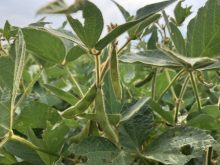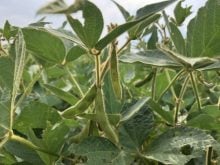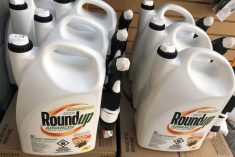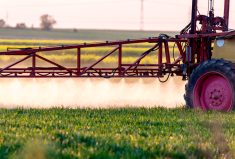Chicago | Reuters — Bayer said on Tuesday it will scrap a nearly US$1 billion project to produce dicamba in the United States, but said the move is unrelated to a federal court decision that blocked sales of dicamba-based herbicides.
The German-based company is moving to save cash as it wages an expensive legal battle to fight allegations that another product, its glyphosate herbicide Roundup, causes cancer. Bayer denies the claims.
The company said it is halting work on a new dicamba plant just west of New Orleans at Luling, Louisiana, because global overcapacity for producing the chemical made the investment less attractive.
Read Also
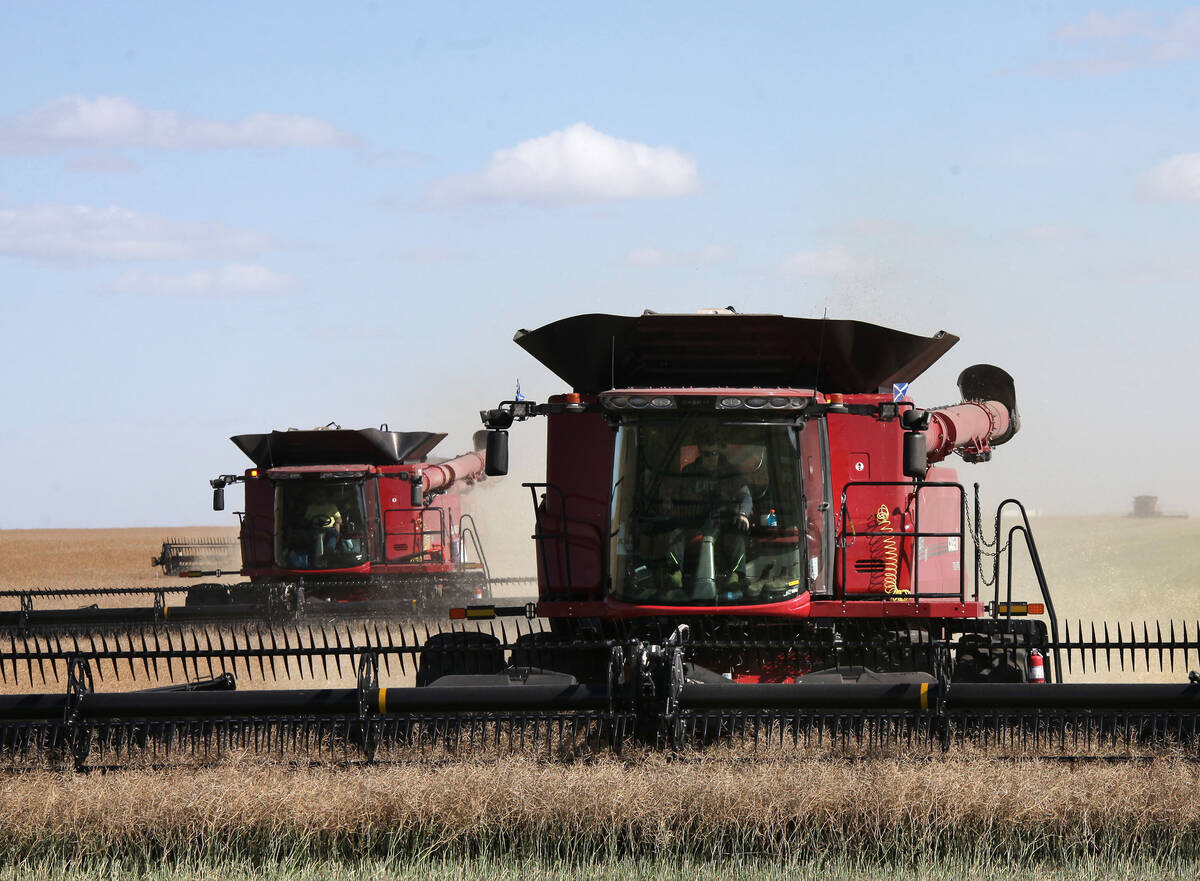
Notable changes in exports to China, India
China and India figured prominently in the September export data issued by the Canadian Grain Commission on Nov. 7. For the most part, the CGC’s numbers highlighted issues with grain, oilseed and pulse exports from licensed facilities to those countries.
Instead, Bayer will continue to buy dicamba and produce its XtendiMax herbicide at another plant in Iowa, according to a statement.
“Stopping construction enables us to preserve cash and prioritize our investments in new innovation for farmers,” Bayer said.
A three-judge panel of the Ninth U.S. Circuit Court of Appeals ruled June 3 that the U.S. Environmental Protection Agency substantially understated the risks related to the use of dicamba, which is sprayed on soybeans and cotton that Bayer genetically engineered to resist the chemical. The herbicides are known to drift away and damage other crops that are not resistant.
The EPA subsequently said farmers can use existing supplies of dicamba-based herbicides, which are also sold by rivals BASF and Corteva, until July 31.
“While the timing of the court’s ruling is coincidental and unfortunate, it was not a factor in our reassessment of the Luling plant,” Bayer said, adding that it still supports dicamba.
Monsanto, which Bayer bought for US$63 billion two years ago, in 2015 announced preliminary plans to spend more than US$1 billion over the next three to five years at its Luling site to produce dicamba. Bayer also inherited the legal dispute over glyphosate from the takeover.
— Reporting for Reuters by Tom Polansek in Chicago.





